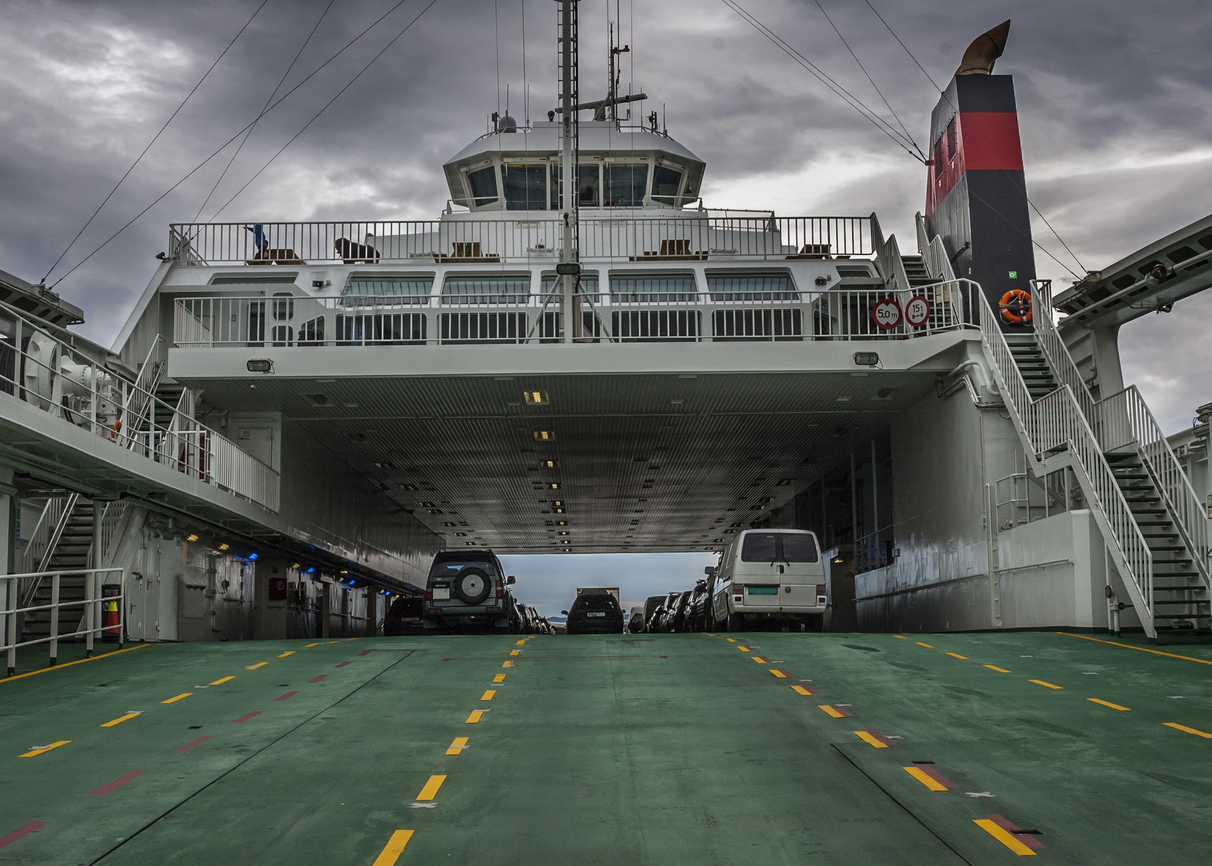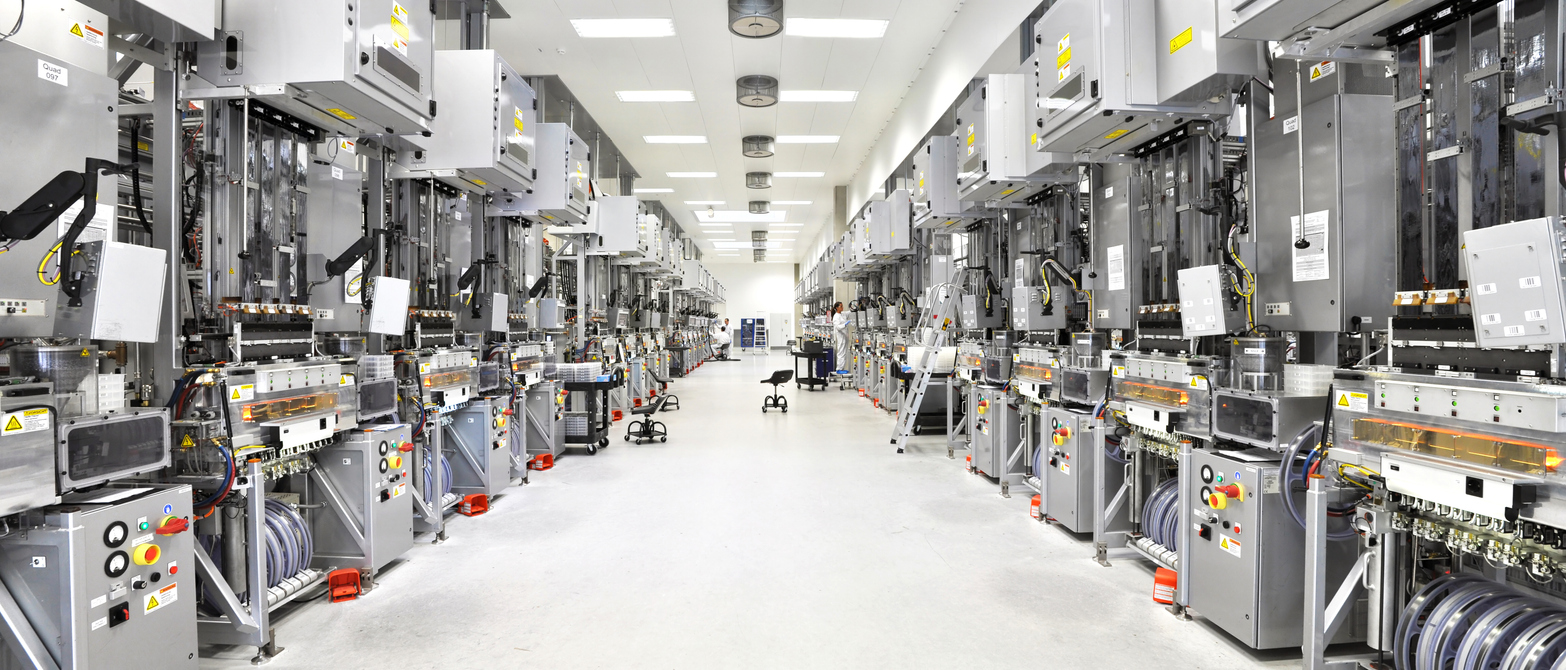Why Ferries are the Key to Solving Lagos’ Traffic Congestion
Why Ferries are the Key to Solving Lagos’ Traffic Congestion
Lagos, the bustling city of Nigeria, is infamous for its traffic congestion. Commuting in this metropolis can be a nightmare, leaving drivers and commuters frustrated and exhausted. However, amidst all the chaos lies a solution that has been overlooked for far too long – ferries! Yes, you heard it right – ferries could be the key to solving Lagos’ traffic woes. In this blog post, we will explore how ferries have the potential to revolutionize transportation in Lagos and why they should be given more attention by policymakers and citizens alike. So fasten your seatbelts (or life jackets) as we embark on this exciting journey!
Introduction to Lagos Traffic Congestion
Lagos is a megacity in Nigeria with a population of over 21 million people. It is the largest city in Africa and one of the most populous cities in the world. The city is also notorious for its traffic congestion. In 2016, it was estimated that Lagos had the world’s second worst traffic, after Mexico City.
The main causes of traffic congestion in Lagos are: lack of public transport, poor road infrastructure, and rapid urbanization. Due to the high population density, there are not enough roads to accommodate all the vehicles. This results in traffic jams, which can last for hours.
Public transportation in Lagos is also very limited. There are only a few buses and they are often overcrowded. In addition, many people prefer to use private cars rather than public transport because it is faster and more comfortable.
Rapid urbanization is another major factor that contributes to traffic congestion in Lagos. As more and more people move to the city in search of jobs and better opportunities, the demand for transport increases. However, the supply of transport does not increase at the same rate, resulting in congestion.
Ferries are a potential solution to Lagos’ traffic problems. They are fast, efficient, and can carry large numbers of passengers and vehicles at once. By using ferries to connect different parts of the city, we can reduce traffic congestion and make getting around Lagos easier for everyone.
Advantages of Using Ferries as a Solution
Ferries are a key part of solving Lagos’ traffic congestion because they offer a number of advantages over other modes of transportation. Ferries are faster than cars and buses, and they emit no pollutants. They also have the capacity to transport large numbers of people and vehicles at once, making them an efficient way to move people and goods around the city.
In addition, ferries provide a scenic and enjoyable ride for passengers, which can help to reduce stress levels during their commute. Ferries also offer an alternative mode of transportation for those who are unable or unwilling to drive in traffic. And finally, ferry service can help to boost the city’s economy by attracting visitors and tourists.
– Cost efficiency
Lagos is a city notorious for its traffic congestion. The average commute in Lagos can take upwards of three hours, and traffic jams are a daily occurrence. The root cause of the problem is the lack of infrastructure to support the city’s population of 21 million people. The Nigerian government has proposed various solutions to the problem, but none have been successful in reducing the congestion.
One solution that has been proposed is to build a bridge over the lagoon that separates Lagos from the mainland. This would provide an alternative route for commuters and reduce the amount of time spent in traffic. However, the cost of such a project would be prohibitive, and it is unlikely that it will be completed any time soon.
A more feasible solution is to increase the capacity of the existing ferries that transport people between Lagos and the mainland. This would require investing in new ferry boats and upgrading the terminal facilities. The cost of this solution is much lower than building a bridge, and it could be implemented relatively quickly.
Increasing the capacity of Lagos’ ferry system would ease traffic congestion and improve commute times for residents. It would also be a more cost-effective solution than building a new bridge over the lagoon.
– Reduced air pollution
There are many reasons why Lagos’ traffic congestion is a serious problem. One of the most important reasons is the air pollution that results from the increased number of vehicles on the roads.
Air pollution is a major health concern in Lagos, as it can cause a range of respiratory problems, including asthma and bronchitis. It can also aggravate existing medical conditions, such as heart disease and diabetes.
Reducing the number of vehicles on the roads would help to reduce air pollution levels, which would have a positive impact on public health. Ferries could play a key role in this, by providing an alternative means of transport for commuters.
– Convenient transportation for commuters
Lagos is a city notorious for its traffic congestion. But what if there was a way to avoid the gridlock and get around the city quickly and easily?
Ferries are one of the most efficient and convenient transportation options for commuters in Lagos. They are fast, reliable, and offer a comfortable ride. Plus, they can help you avoid traffic jams altogether.
Ferries can take you from one side of Lagos to the other in a matter of minutes, making them a great option for those who need to get around the city quickly. And, because they run on a set schedule, you can plan your commute accordingly and know exactly when your ferry will arrive.
What’s more, ferries are a great option for those who want to avoid traffic altogether. With so many people using cars and motorcycles to get around Lagos, the roads can often be congested and slow-moving. But with a ferry, you can bypass all of that traffic and sail right across the lagoon.
If you’re looking for a convenient and efficient way to get around Lagos, then consider taking the ferry. It’s a quick, reliable, and comfortable transportation option that can help you avoid traffic jams entirely.
Challenges of Implementing Ferries in Lagos:
Lagos is a city with a unique set of challenges when it comes to ferries. The first challenge is the sheer size of the city. Lagos is Africa’s most populous city, with an estimated 21 million people living in its metropolitan area. This makes it difficult to find enough space to build ferry terminals and docking facilities.
Another challenge is the lagoon itself. The Lagos Lagoon is notoriously polluted, making it a risky environment for both passengers and crew. In addition, the lagoon is shallow in many places, which can make it difficult for ferries to navigate.
Finally, there is the issue of cost. Ferries are not cheap to build or operate, and Lagos is already a very expensive city to live in. This makes it difficult to justify the investment in ferry infrastructure, especially when there are cheaper alternatives like buses and trains.
– Maintenance of the ports and vessels
The maintenance of ports and vessels is a critical part of the ferry system. Without proper maintenance, the ferry system would not be able to function properly. The port and vessel maintenance team is responsible for ensuring that the ports and vessels are in good working order. They perform routine inspections and repairs to keep the ferry system running smoothly.
One of the most important aspects of port and vessel maintenance is ensuring that the ferries are safe for passengers. The team performs regular safety checks to make sure that the ferries are in compliance with safety regulations. They also respond to any incidents or accidents that occur on the ferry system.
Another important aspect of port and vessel maintenance is keeping the ferry system clean. The team regularly cleans the ports and vessels to ensure that they are free of debris and other contaminants. This helps to keep the ferry system running smoothly and prevents passenger injuries.
The port and vessel maintenance team plays a vital role in keeping the ferry system running efficiently. Without their dedication to their work, the ferry system would not be able to provide safe, reliable transportation for Lagosians.
– Limited effect in helping reduce traffic within the city
Lagos is a city with a population of over 21 million people, and its traffic congestion is legendary. The average commuter spends hours each day stuck in traffic, and the pollution from all the cars contributes to the city’s already poor air quality.
Ferries are one potential solution to Lagos’ traffic problems. They can carry large numbers of people and vehicles at once, and they emit no pollution. However, ferries have a limited effect in helping reduce traffic within the city.
First, there are only a limited number of ferry routes within the city, so they can’t provide comprehensive coverage. Second, even if more ferry routes were added, many commuters would still need to use other forms of transportation to get to their final destination, such as buses or trains. Third, most people in Lagos cannot afford the fares for private ferry services, so public ferry services would need to be heavily subsidized by the government.
Fourth, many Lagosians are reluctant to use ferries because of safety concerns. There have been several high-profile accidents involving ferries in recent years, including one that killed over 100 people. Finally, even if ferries become a popular form of transportation in Lagos, the overall number of vehicles on the roads will still need to be reduced in order for there to be a significant decrease in traffic congestion.
How to Overcome These Challenges?
Lagos is a megacity with a population of over 21 million people. It is the largest city in Africa and one of the most populous cities in the world. The city is notorious for its traffic congestion, which has a negative impact on the economy and quality of life of residents.
One way to solve Lagos’ traffic congestion problem is by using ferries. Ferries are a fast and efficient way to travel between islands, and they can help reduce traffic on the roads. In addition, ferries are environmentally friendly and can help improve air quality in the city.
However, there are some challenges that need to be overcome before ferries can become a viable solution to Lagos’ traffic congestion problem. These challenges include:
-The high cost of ferry infrastructure
-The lack of reliable data on ferry usage
-The lack of trained personnel to operate ferry services
-The limited capacity of existing ferry services
Despite these challenges, ferries offer a promising solution to Lagos’ traffic congestion problem. If these challenges can be overcome, ferries could play a major role in improving the quality of life for residents of this megacity.
– Invest in infrastructure improvement projects around ports and lagoons.
Lagos, Nigeria is Africa’s most populous city, and it is notorious for its traffic congestion. The city’s infrastructure is not able to keep up with the demands of its rapidly growing population, and this has resulted in severe traffic jams.
one of the solutions that has been proposed to alleviate Lagos’ traffic problems is to invest in infrastructure improvement projects around the city’s ports and lagoons. These projects would include dredging lagoon channels to allow for better boat traffic, as well as constructing new roads and bridges to connect the ports with the mainland.
Investing in these types of infrastructure projects would have a number of benefits for Lagos. First, it would make it easier for people and goods to move around the city, which would help to reduce traffic congestion. Second, it would create new jobs in the construction and maritime industries. And third, it would boost tourism by making Lagos a more attractive destination for leisure travelers.
So why haven’t these infrastructure improvement projects been carried out yet? There are a number of reasons. First, they are expensive, and the Nigerian government does not have the money to fund them. Second, there is a lot of corruption in Nigeria, and many officials are reluctant to invest in projects that may not benefit them personally. Finally, some people believe that these projects would only benefit the rich, while doing nothing to help the poor who are most affected by Lagos’ traffic problems.
Despite these challenges, investing








LEAVE A COMMENT
You must be logged in to post a comment.